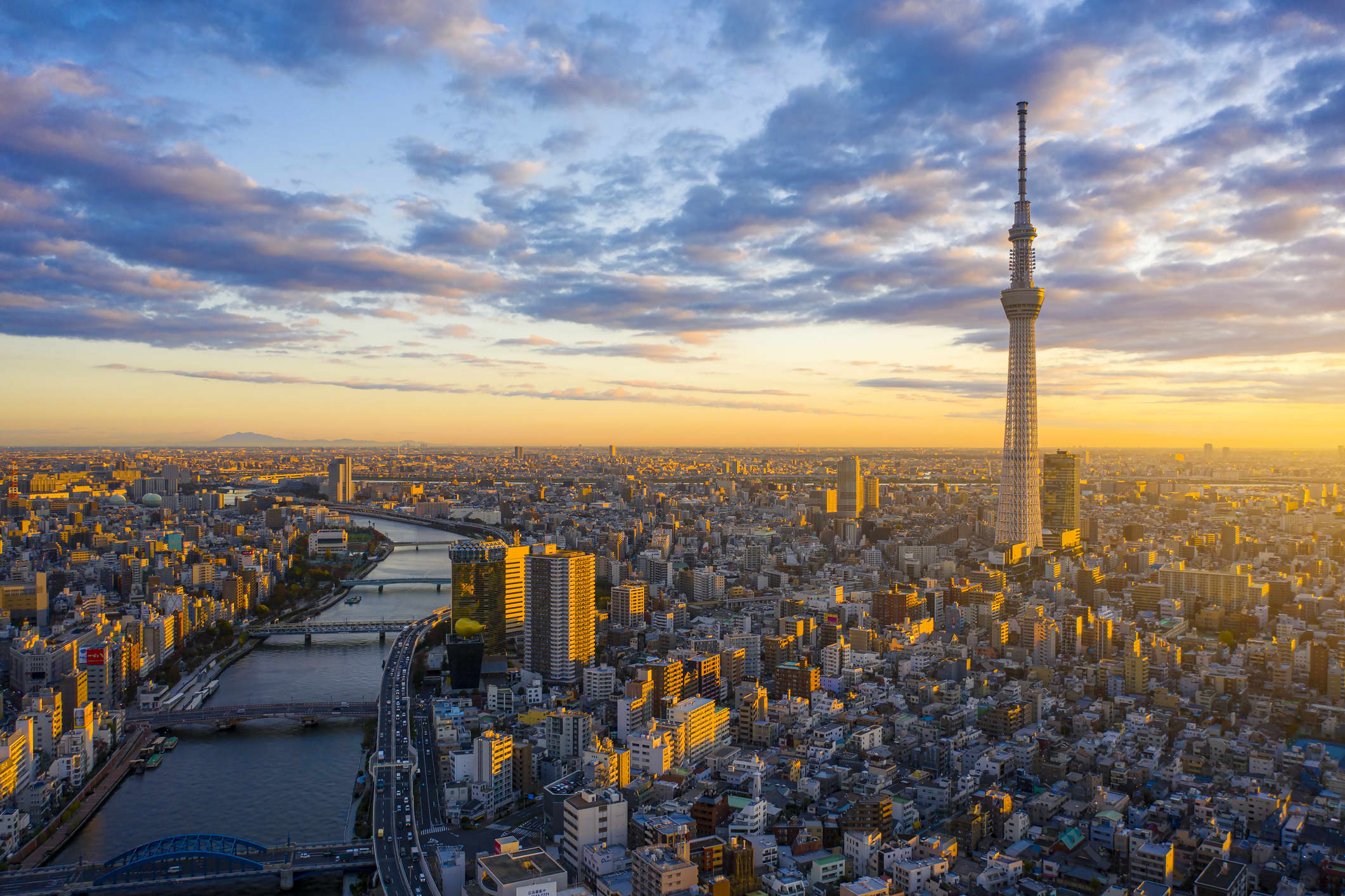JAKARTA: Investment Minister Bahlil Lahadalia has asserted that a government led by presumptive president-elect Prabowo Subianto will stick with the approach of the incumbent administration to attract investment.
President Joko “Jokowi” Widodo and his ministers have pursued a proactive strategy by frequently making the first move toward foreign governments and companies alike in a bid to convince them face-to-face of Indonesia’s merits as an investment destination.
“Since the election winner happens to be Prabowo and Gibran (Rakabuming Raka), I believe that (the policies that) are already good will remain in place,” said Bahlil in a press briefing, noting how the Prabowo-Gibran ticket had peddled continuity in its election campaign.
Bahlil highlighted the benefits of retaining tested concepts, noting that “finding a new format is not easy”.
He admitted with reference to Jokowi administration policies that “nothing is perfect” and therefore modifications and adjustments would take place.
However, “around 70%” of the Jokowi strategy would be carried over.
Bahlil told reporters that, for one, the government lacked a comprehensive and detailed catalogue of investment opportunities in the country.
A case in point was the mining sector, where the government should have exploration data on hand to show investors the business potential based on discovered reserves.
The minister described Jokowi’s hallmark downstream development policy, which leverages the country’s natural resources and involves raw material export bans to stimulate growth of domestic industries, as “a test of our nationalism”.
The export bans have been lambasted as protectionist by various countries and foreign investors, while other industrial policies, such as allegedly unjustified subsidies, have prompted countermeasures abroad.
“I have to say that the world is still uncomfortable about Indonesia’s policy of barring the export of certain commodities because it disrupted foreign industries and their supply of raw materials,” said Bahlil, while refraining from specifics.
The government banned the export of nickel ore in 2020, and in the following year, the European Union took the matter up to the World Trade Organisation.
“We must not just stand still when foreign hands pit us against one another. For this country, we will give everything. We will not let other countries tell us what to do,” stated Bahlil: “Prabowo is not the kind of person anyone can boss around.”
Drajad Wibowo, a senior member of Prabowo’s campaign team, told The Jakarta Post that, much like Jokowi, Prabowo would not hesitate to make the first move to woo investors.
“A lot of Jokowi’s approach will be adopted, but it will be adjusted, Prabowo-style. He is results-oriented,” said Drajad after revealing that discussions had taken place about relaxing the investment regime.
Bank Permata chief economist Josua Pardede told the Post that it was in order for this government or the next to take a nationalist stance regarding investment, notwithstanding external opposition.
“The spirit revolves around how to kickstart industrialisation,” said Josua, adding: “I think the nationalist policy is fair enough. Whether or not other countries respect it, the reality is, it has borne fruit.”
Josua said the next government had to be able to take the reforms initiated by Jokowi through the Job Creation Law a step further.
Specifically, he said the implementing regulations to the omnibus law needed to be seen through faster to lure more investors to Indonesian shores. — The Jakarta Post/ANN

